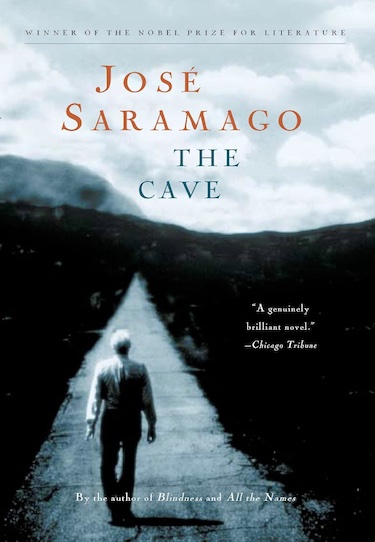.svg)
Susan Griffin's A Chorus of Stones (Anchor Books), is a long meditation on war. She takes war into her self, into her body, and in writing about it she seems to give birth to it. Thus war's power—to dispense death—is reversed. The book scrambles personal memories with historical ones: the story of Himmler's childhood intersects with Griffin's story of her father; the story of the birth of the V-II rocket (which led to the atom bomb) butts up against the story of her (lost) grandmother; the stories of people working in the atomic industry (with its regime of silence and coercion) are retold in the context of the Hiroshima and Nagasaki stories; the history of the Gatling gun is retold in tandem with the story of DNA and the birth of the human cell. Her argument—or rather, the conclusion she draws from her narrative—is that History intersects with Self on the molecular (biological) level; that reality is environmental. This discovery connects the book with Griffin's previous ones: Women and Nature and Pornography and Silence, for example. I met Susan Griffin last summer, and we walked along the Fenland trail outside of Banff. I was slapping the mosquitoes on my bare skin—the mosquitoes were particularly bad this year—and I noticed Susan and I were hardly saying anything to each other. The previous day we had had an intense conversation about fathers and war, about violence and death and madness, and the nature of suppression, envy, denial, coercion. Of love and silence. I'd said we use other people—our lovers, primarily—to work out those problems which are gaps in ourselves. The narrative discontinuities. It was almost as if we need each other, I said, to complete the story which we ourselves—as a result of childhood trauma, of war, of history, of biological accident—are incapable of telling. Love is the effort to tell a story. We didn't say much of anything to each other on this walk, although we did refer briefly to that part of our conversation, and I knew instinctively that she had completely understood what I was trying to say. Today I was concerned more with the mosquitoes which kept lighting on her skin (as well as mine), and the fact that her skin appeared extremely white, almost transparent to me at that moment. In this harsh Banff—Rocky Mountain, Canadian, northern, non-Californian, etc.—environment something seemed to be constantly invading her, and I had the urge to throw my body around her and protect her from whatever this something was. But I also knew that l wouldn't, and shouldn't. I don't know if this is the reason we were so silent that afternoon. I did go back, though, and finish reading the book.








